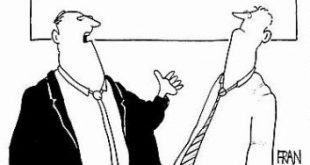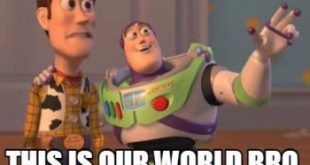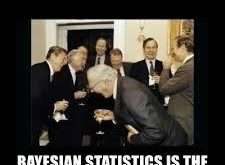[embedded content] Eres tú Como el agua de mi fuente Eres tú El fuego de mi hogar (Eres tú) Algo así eres tú (Como el fuego de mi hoguera) Algo así como el fuego de mi hoguera (Eres tú) Algo así eres tú (El trigo de mi pan) Mi vida algo así eres tú
Read More »A hundred years ago
A hundred years ago The treaty includes no provisions for the economic rehabilitation of Europe — nothing to make the defeated Central Empires into good neighbours, nothing to stabilize the new states of Europe … The Council of Four paid no attention to these issues … Reparation was their main excursion into the economic field, and they settled it as a problem of theology, of politics, of electoral chicane, from every point of view except that of the...
Read More »Paul Krugman — a methodological critique
Paul Krugman — a methodological critique Alex Rosenberg — chair of the philosophy department at Duke University and renowned economic methodologist — has an interesting article on What’s Wrong with Paul Krugman’s Philosophy of Economics in 3:AM Magazine. Writes Rosenberg: Krugman writes: “So how do you do useful economics? In general, what we really do is combine maximization-and-equilibrium as a first cut with a variety of ad hoc modifications reflecting...
Read More »Ist jeder Muslim ein Koran auf zwei Beinen?
Ist jeder Muslim ein Koran auf zwei Beinen? [embedded content]
Read More »10.0
[embedded content] Our youngest daughter was into gymnastics for many years, so I’ve seen how much practice and effort it takes to do things like this. Amazing performance!
Read More »On the emptiness of Bayesian probabilism
On the emptiness of Bayesian probabilism A major attraction of the personalistic [Bayesian] view is that it aims to address uncertainty that is not directly based on statistical data, in the narrow sense of that term. Clearly much uncertainty is of this broader kind. Yet when we come to specific issues I believe that a snag in the theory emerges. To take an example that concerns me at the moment: what is the evidence that the signals from mobile...
Read More »Keynes on the limits of econometric methods
Keynes on the limits of econometric methods Am I right in thinking that the method of multiple correlation analysis essentially depends on the economist having furnished, not merely a list of the significant causes, which is correct so far as it goes, but a complete list? For example, suppose three factors are taken into account, it is not enough that these should be in fact vera causa; there must be no other significant factor. If there is a further...
Read More »The emotive power of music
The emotive power of music [embedded content] Davida Scheffers has lived her dream of winning a contest and the opportunity to play with the Dutch Orchestra. Davida suffers from an extremely painful neuromuscular condition that derailed her career, and she thought she would never get to play in a professional orchestra again. The young blond lady is her daughter and turned 18 years old that day. [embedded content]
Read More »Bayesianism — a patently absurd approach to science
Bayesianism — a patently absurd approach to science Back in 1991, when yours truly earned his first PhD with a dissertation on decision making and rationality in social choice theory and game theory, I concluded that “repeatedly it seems as though mathematical tractability and elegance — rather than realism and relevance — have been the most applied guidelines for the behavioural assumptions being made. On a political and social level, it is doubtful if...
Read More »Kieslowski’s masterpiece
[embedded content] Though I speak with the tongues of angels, If I have not love… My words would resound with but a tinkling cymbal. And though I have the gift of prophesy… And understand all mysteries… and all knowledge… And though I have all faith So that I could remove mountains, If I have not love… I am nothing.
Read More » Lars P. Syll
Lars P. Syll





